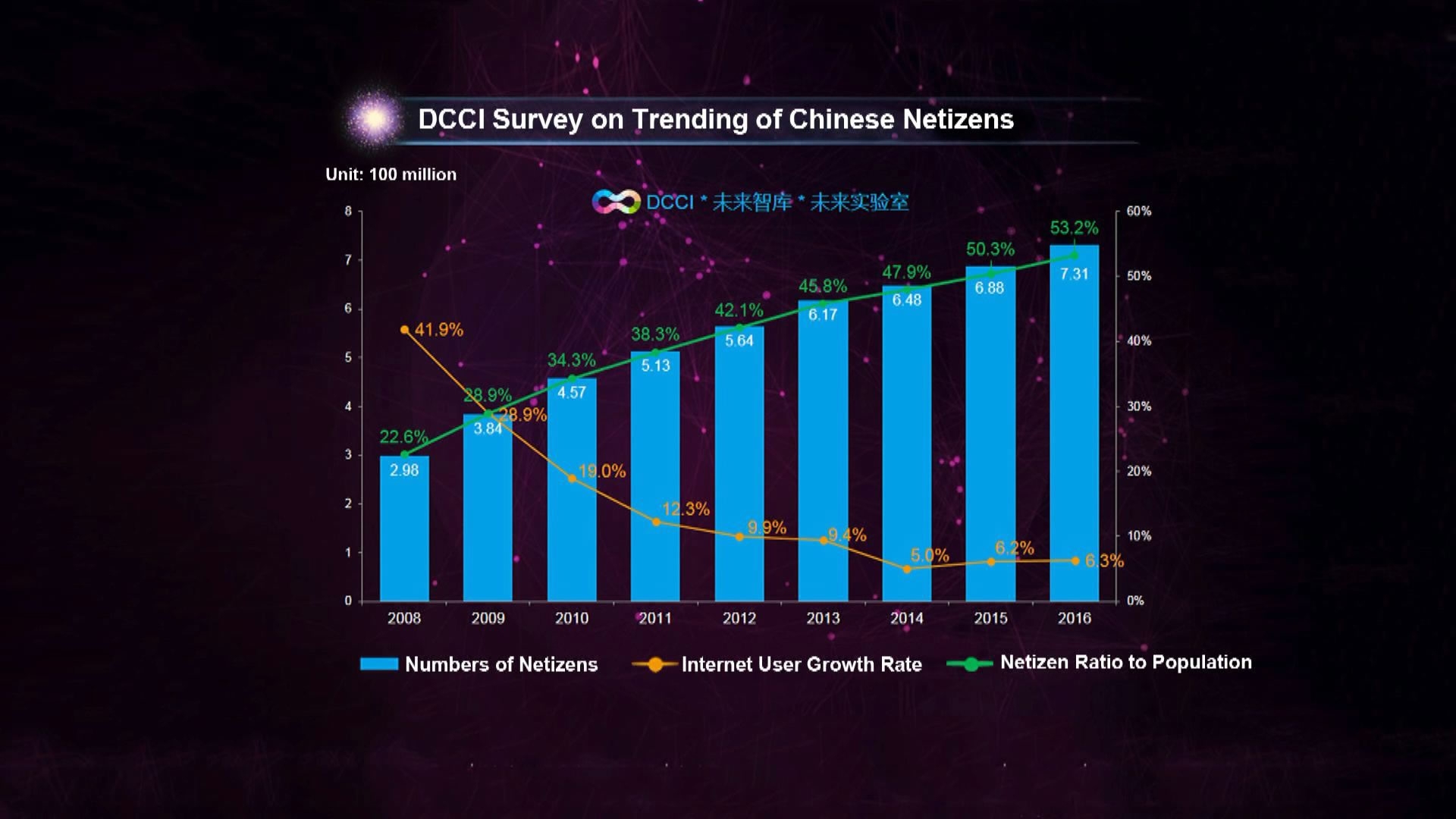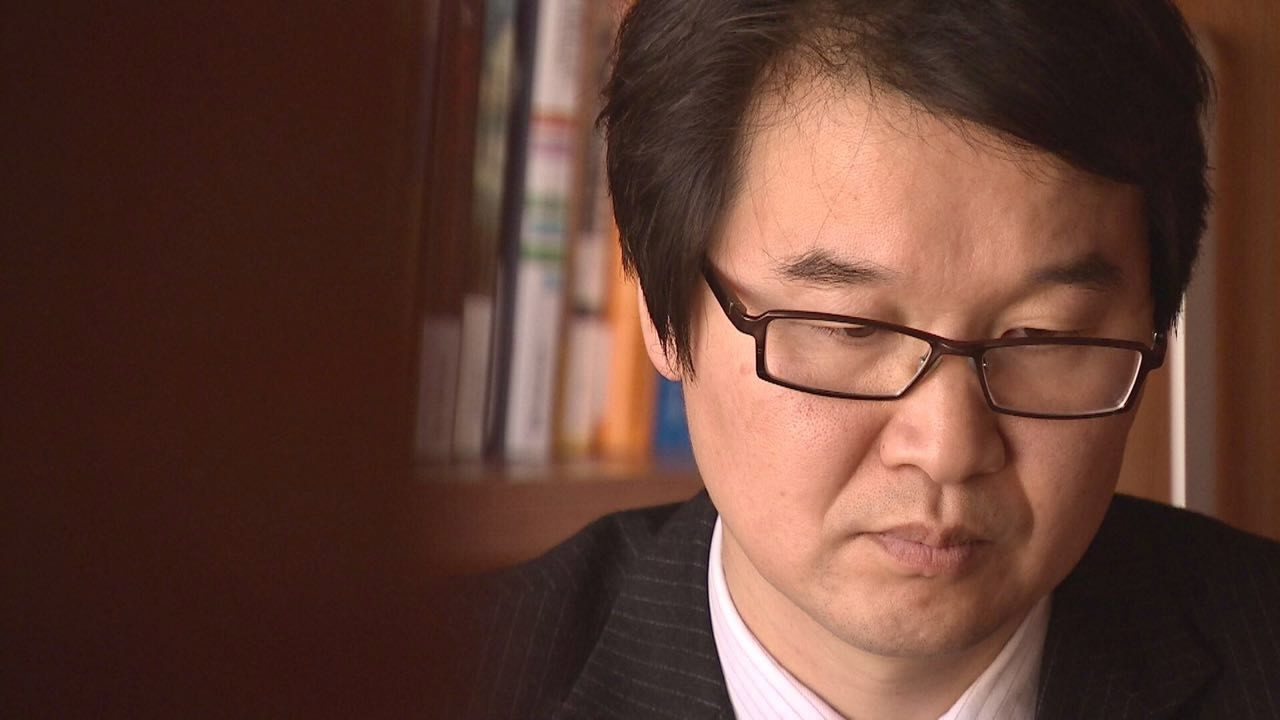By CGTN's Han Bin
When foreign journalists come to China, one thing they complain about is the overt control of Internet. Beijing argues that Internet freedom requires limits, and that it manages rather than censors cyberspace in accordance with the law. CGTN reporter Han Bin interviewed senior Chinese Internet expert Hu Yanping, founder of the Data Center of China's Internet, or DCCI, a leading market monitoring and data platform.
"When we come to China, we seem detached from our friends." – Nanda Lal Tiwari, Nepal
"We are so used to freedom of information. But this is different." – Melanie Peters, South Africa
Development Trends
China has been criticized over its Internet controls, but that has not stopped the country from being the fastest growing economy, thanks to its Internet applications. Using the Internet as a key engine of innovation has now become a national strategy. According to the DCCI, the number of Chinese Internet users reached 730 million by 2016, accounting for over a quarter of the world's total. Openness, intelligence, and inclusiveness will be the developing trends.

"China's Internet lacks certain technologies to sustain innovation and cyber security." — Hu Yanping. /DCCI
Governance Is For Growth
Hu Yanping believes the Internet is an ecosystem that needs governance. He says China has focused on Internet development over the past 20 years, and regulations only played a supplementary role, and adequate control is needed.
The US now controls all of the world's Domain Name Servers, which control Internet access, but Edward Snowden's revelations about US spying have pushed other countries to stay alert on cyber sovereignty.

"Global Internet governance should not be in the hands on of one country only." — Hu Yanping. Hu is searching on Internet at his office. /CGTN Photo
Big, But Not Strong
The advantage in the numbers of online users does not equal an advantage in real strength. Hu notes that China's Internet industry key achievements are all in applications, like E-commerce and communication services. But it lacks certain technologies to sustain innovation and cyber security. He says the country needs to rethink its strategy, to shorten the distance with advanced countries.

"The Firewall is not to be built higher and higher; instead, it will be a balance of control and free flow." — Hu Yanping. Journalists at a press conference at the Great Hall of the People on March 02, 2017. /CGTN Photo
From "Firewall" to "Firenet"
However, Hu is optimistic about the Internet growing opening up with improved governance. He says in five or ten years, technology will help change China's Firewall into a Firenet, from blocking completely with a wall, to accurately filtering information with a net. The net will not affect normal information flow, while effectively protecting cyber security.









